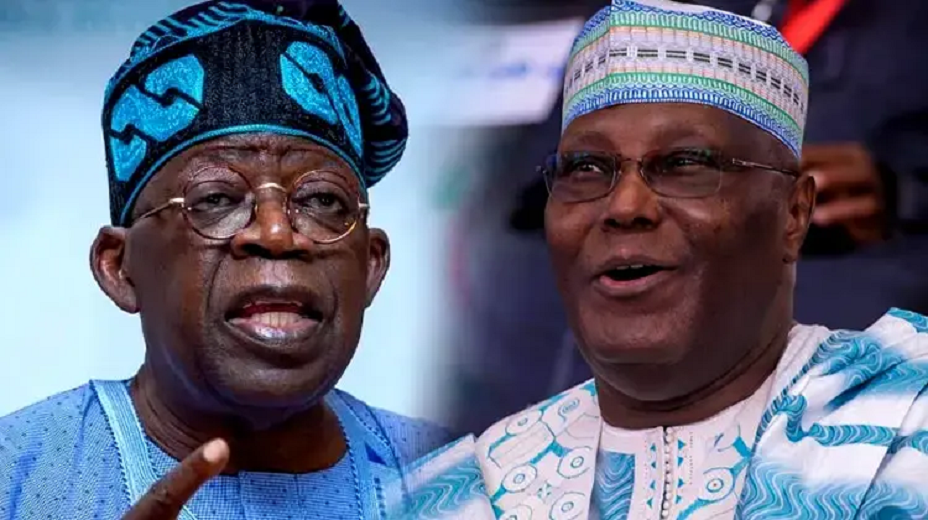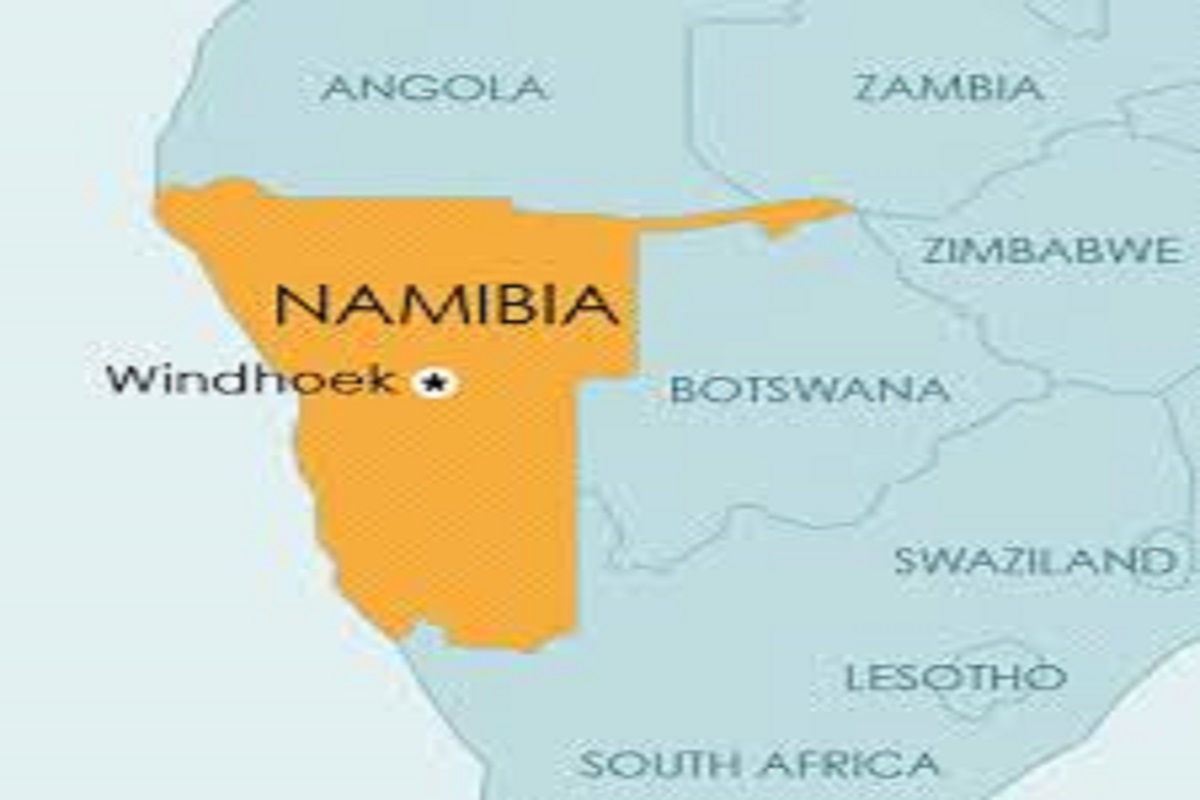The volume of trade between Namibia and Nigeria has hit 10 million dollars, says Mr Humphrey !Geiseb, High Commissioner of Namibia to Nigeria.
!Geiseb said this while briefing newsmen in Abuja on a wide range of issues centered on the country’s plan to deepen Namibia-Nigeria bilateral relations.
According to him, Nigeria has greatly supported Namibia; Nigeria was at the forefront in the agitation for Namibia’s independence.
“Nigeria in the 1990s started the Technical Aid Corps assisting Namibian people in rural areas; today over 4000 people resident in Namibia are Nigerians.
“Many of them are former Technical Aid Corps members who have chosen Namibia as their home after their contract expired.
“People to people contact between Namibians and Nigerians is quite high and, also after independence many Namibians are resident in Nigeria, but our number is minimal.
“Annually, we have 1000 travelers from Nigeria to Namibia; most of them are tourists and people going for business.
“Government officials do not need visas, because we have agreements between both governments, government officials and diplomats do not need visas to travel between our two countries.
“Our trade is around 10 million dollars a year and we are mainly exporting salt and electronics; there is a factory that has been built in Lagos to produce those Namibian electronics.”
He said that Namibia had sent women peacekeeping contingents to some of the UN Peacekeeping Mission, to promote UN’s Security Council Resolution 1325 on women peace and security.
He also said that Namibia established the International Women Peace Centre to galvanize the role that women played on issues of conflict, peace and to ensure more women contribute to conflict resolution.
He reiterated that a lot more could be done to further deepen Namibia-Nigeria bilateral cooperation.
“The relationship between Namibia and Nigeria is indeed excellent; our expectation is that hopefully in August, 2022 we will have the next Joint Commission Cooperation between Namibia and Nigeria.
“We will have the next Joint Commission Cooperation between Namibia and Nigeria; we will be able to put a number of win-win projects between Namibia and Nigeria on the table.
“This is the 5th time that this Joint Commission will be meeting and it has stood the test of time.
“It is a testimony of a strong relationship between them that has been in existence since the difficult days of independence,” he added.
He extolled the African Continental Free Trade Agreement initiative and expressed the hope that outstanding challenges that hindered trade operations would be formalized, to boost trade among African countries.
He said that Namibia would continue to be open for business for Nigerian investors, adding that the country welcomed two companies from Nigeria in the nation’s charcoal industry.
“One is called premier charcoal owned by Business man from Lagos, the other one is called Tin charcoal owned by business people from Abia.
“We have also registered a company that is dealing in musical equipment, they are looking forward to use Namibia as a base to distribute and sell musical equipment of international brand to South Africa. (NAN)






















































